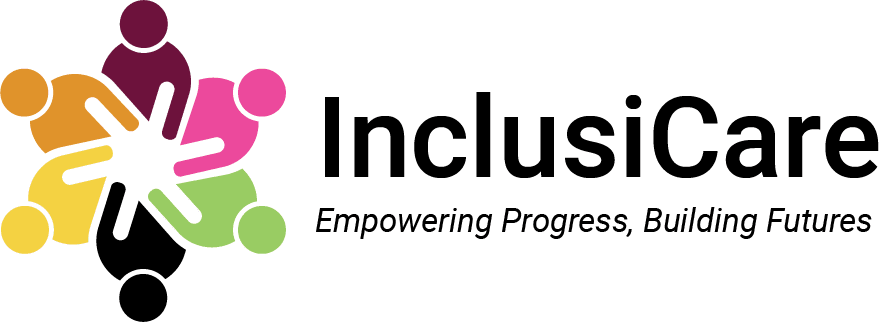Author: InclusicareSolution
- Home
- Articles posted byInclusicareSolution
- Page 2
InclusicareSolution
1x Bet Ile Bahis Dunyasinda Yer Edinin
1x Bet Ile Bahis Dunyasinda Yer Edinin
Read more
InclusicareSolution
1XBet Turkiye’nin lider casino oyunları platformu.
1XBet Turkiye'nin lider casino oyunları platformu.
Read more
InclusicareSolution
Güncel Promosyonlar Mariobet güncel Girişte
Güncel Promosyonlar Mariobet güncel Girişte
Read more
InclusicareSolution
Bahis Yapmanin En Iyi Yollari Most bet ile
Bahis Yapmanin En Iyi Yollari Most bet ile
Read more
InclusicareSolution
Sweet Bonanza demo risksiz eglenceli
Sweet Bonanza demo risksiz eglenceli
Read more
InclusicareSolution
Yeni kullanıcılar için özel 200 TL bonus Lüks casino girişte seni bekliyor
Yeni kullanıcılar için özel 200 TL bonus Lüks casino girişte seni bekliyor
Read more
InclusicareSolution
Eglencenin ve Kazancin Kapilarini 1King Casino Giris ile Aralayin
Eglencenin ve Kazancin Kapilarini 1King Casino Giris ile Aralayin
Read more
InclusicareSolution
Yatırımlarınızı güvenle yapabilmeniz için önerilen Youwin güncel giriş çözümleri
Yatırımlarınızı güvenle yapabilmeniz için önerilen Youwin güncel giriş çözümleri
Read more
Recent Posts
InclusiCare Solution0 Comments
Rio De Oro Casino: Jouw Ultieme Bestemming voor Digitale Entertainment
InclusiCare Solution0 Comments
Bet Buffoon Casino: Je Ongeëvenaarde Handleiding voor Internet Gokentertainment
InclusiCare Solution
